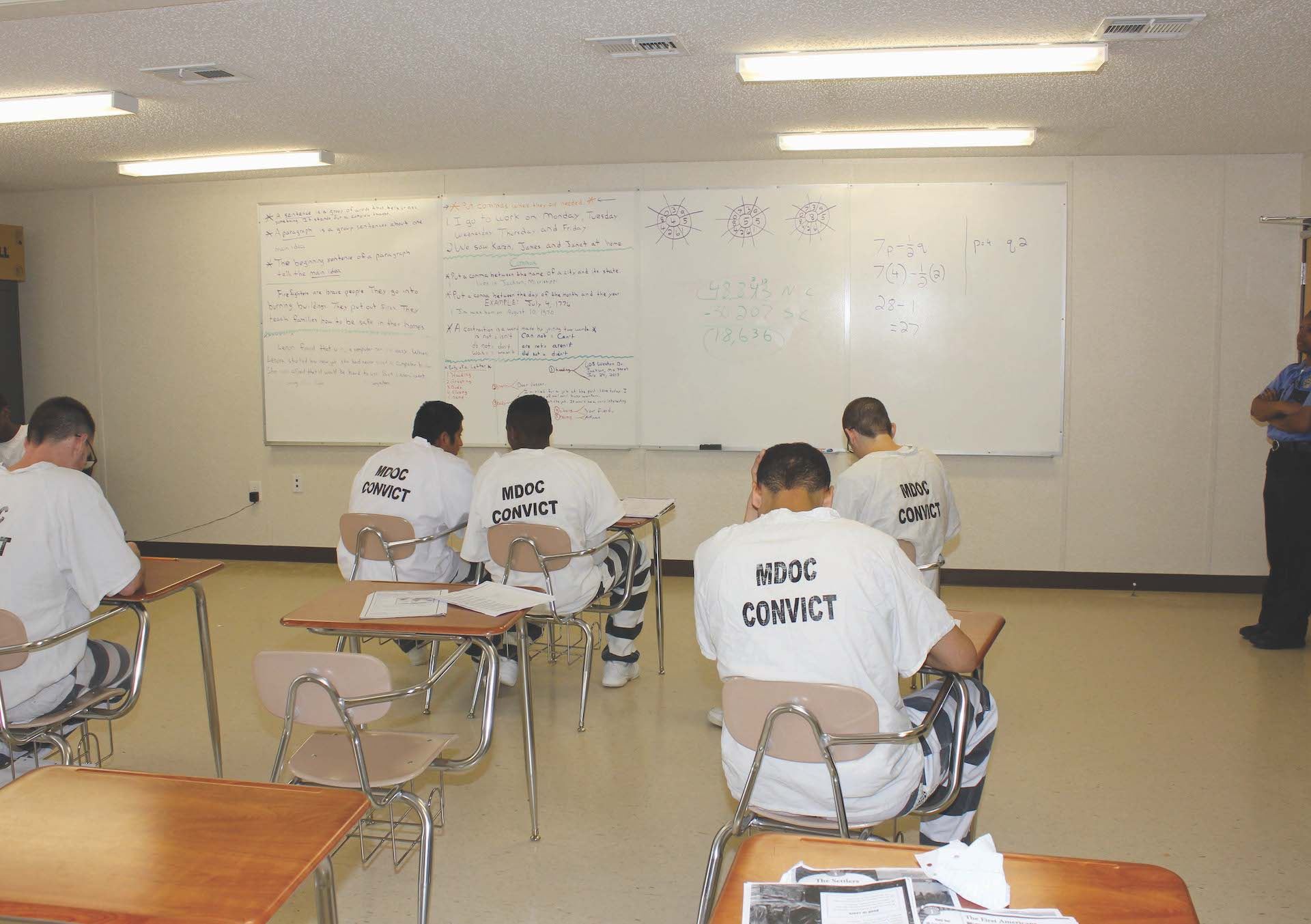Parole reform is needed in Mississippi. And new legislation is moving.

Dangerous overpopulation crisis. Department of Justice investigation. Rehabilitation. Public safety. Recidivism. Mississippi Department of Corrections. Parole eligibility.
These terms have been highly circulated in the halls of the Mississippi State Capitol during the 2021 legislative session. As the next legislative deadline fast approaches, Senate Bill 2795 is one that is of the utmost importance to our state’s public safety, current prison crisis, and taxpayers. The “Mississippi Earned Parole Eligibility Act” seeks to offer an evidence-based solution to the state’s dangerously high prison population that would address a major issue driving an ongoing investigation by the Department of Justice.
How did we get here?
Just over a year ago, a rash of violence erupted in state prison facilities, making national headlines. Since December 2019, 120 people have died in state correctional custody, and that number continues to rise on a regular basis. Many of these individuals were not serving life sentences. Some of them were imprisoned for drug offenses and scheduled to be released soon. Because the state has a basic constitutional duty to protect the people in its custody, the Trump administration’s Department of Justice launched an investigation into Mississippi prisons in 2020. That will continue with the Biden administration
How would this affect our state?
Mississippi taxpayers spent over $3.2 billion over the last decade to maintain its overly large prison system, and that number could quickly balloon if the federal government forces the state to spend additional dollars on prisons. This would also force state legislators to divert scarce tax dollars from other priorities like education and roads and bridges. By acting now to expand parole, policymakers can proactively address the problems in state prisons to deliver better results for Mississippi taxpayers.
The “Mississippi Earned Parole Eligibility Act” is not a tool that will arbitrarily release individuals from prison. The Parole Board retains the discretion to grant or deny release based on their assessment of the individual’s readiness to reenter society. SB 2795 is not an indication that Mississippi is soft on crime. Expanding parole eligibility puts Mississippi in line with other southern conservative states like Texas, Alabama, and Arkansas who have even broader parole eligibility.
Passing common-sense and evidence-based parole reform this session is of the utmost importance for the state of Mississippi, and legislators have only a short time to make this happen.
Legislation has cleared both the House and Senate. A final bill will be worked on in conference during the remaining weeks of the session.
